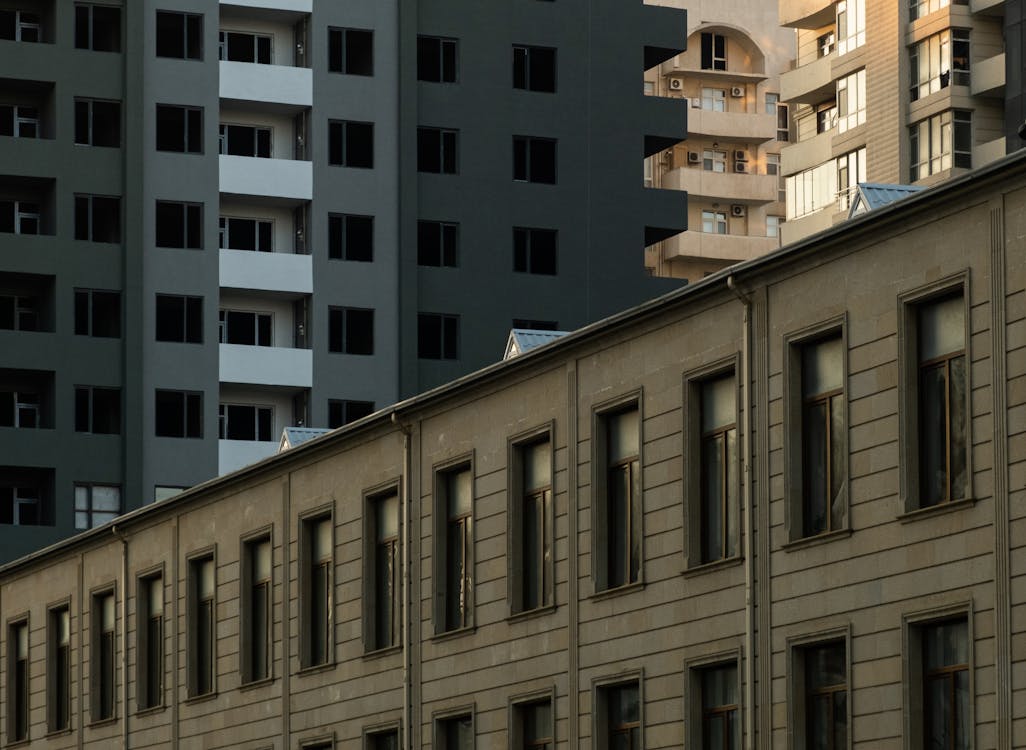When it comes to real estate investment, one of the questions that often arises is, “Do buildings, including Apartment Buildings, depreciate?” This is a crucial inquiry for property owners, investors, and anyone considering long-term investments in the real estate market. In this article, we will explore the concept of building depreciation, its factors, and whether it should influence your investment decisions, particularly in Apartment Buildings.

Javid Hashimov
Understanding Building Depreciation
What is Building Depreciation?
Firstly, let’s define building depreciation. It refers to the gradual decrease in the value of a building, including Apartment Buildings, over time due to wear and tear, aging, and other factors. Unlike land, which typically appreciates in value, buildings, including Apartment Buildings, are subject to a decline in worth as they age. This decline can impact both residential and commercial properties, including Apartment Buildings.
Factors Influencing Building Depreciation
Several factors contribute to building depreciation, and this includes Apartment Buildings:
1. Physical Deterioration
Physical wear and tear are among the primary factors leading to building depreciation, including Apartment Buildings. Elements such as weather, usage, and the quality of construction materials play significant roles in determining the rate of deterioration.
2. Functional Obsolescence
Functional obsolescence occurs when a building’s design or layout, including that of Apartment Buildings, becomes outdated or inefficient. For example, an office building within an Apartment Building complex with outdated wiring systems may not meet modern technological requirements, impacting its functionality and, consequently, its value.
3. Economic Obsolescence
Economic obsolescence refers to external factors that reduce a building’s value, including Apartment Buildings. Such factors can include changes in the surrounding neighborhood, economic downturns, or shifts in demand for certain property types, such as Apartment Buildings.
Do Buildings, Including Apartment Buildings, Depreciate Over Time?
The short answer is yes, buildings do depreciate over time, including Apartment Buildings. Do buildings depreciate due to factors such as maintenance, location, and the quality of construction? Yes, they do. While it’s true that buildings age, depreciate, and may require costly repairs and renovations, they can also be well-maintained to mitigate the effects of depreciation.
Managing Building Depreciation, Including Apartment Buildings
Strategies to Offset Depreciation
1. Regular Maintenance
One of the most effective strategies to manage building depreciation, including Apartment Buildings, is regular maintenance. Proper upkeep can extend the lifespan of a building’s components, reducing the rate of physical deterioration.
2. Renovations and Upgrades
Investing in renovations and upgrades can enhance a building’s functionality and aesthetics, increasing its value. These improvements can range from modernizing interior spaces to incorporating energy-efficient features.
3. Location and Demand
Choosing a prime location and investing in properties with strong demand can help offset economic obsolescence. Properties in desirable neighborhoods tend to hold their value better over time.

Erik Mclean
The question, “Do buildings depreciate?, including Apartment Buildings, ” is answered with a resounding yes. Do buildings depreciate over time due to physical, functional, and economic factors? Yes, they do, including Apartment Buildings. However, with proper maintenance, renovations, and strategic location choices, the impact of depreciation can be minimized. Real estate investors should be aware of depreciation, especially in the context of Apartment Buildings, but also recognize that well-maintained properties can remain valuable assets with the potential for long-term returns.
So, while it’s clear that buildings, including Apartment Buildings, do depreciate, proactive management can help property owners and investors make the most of their real estate investments, particularly in Apartment Buildings.
